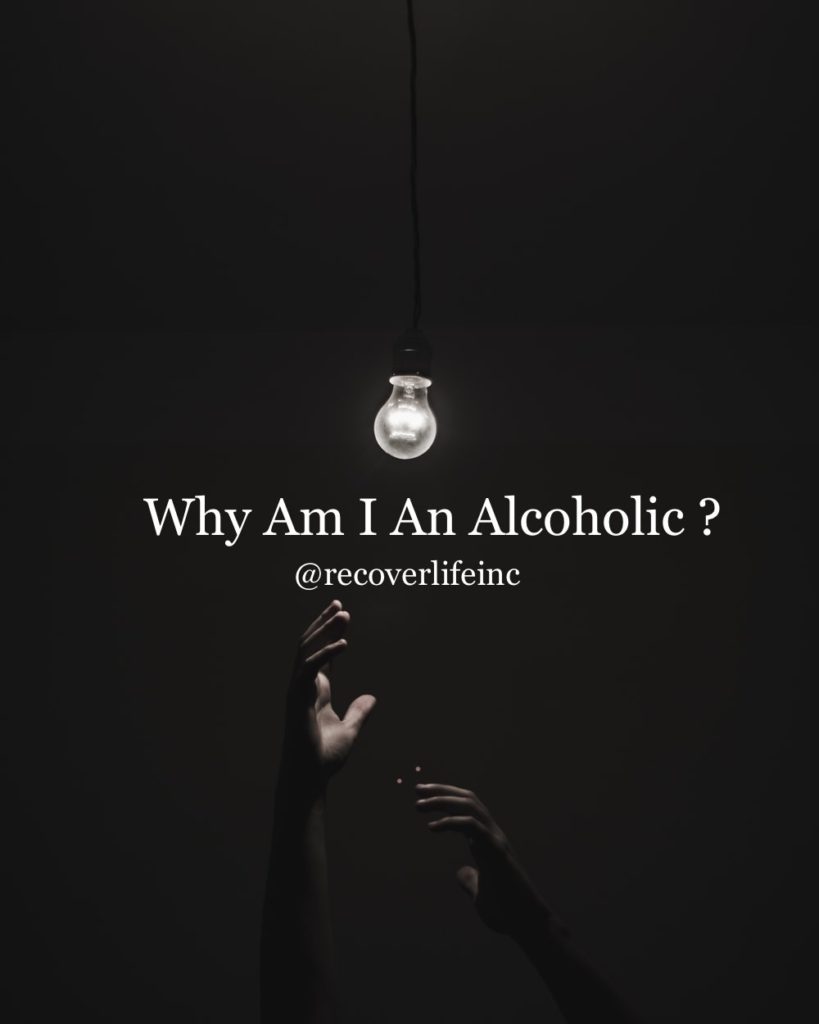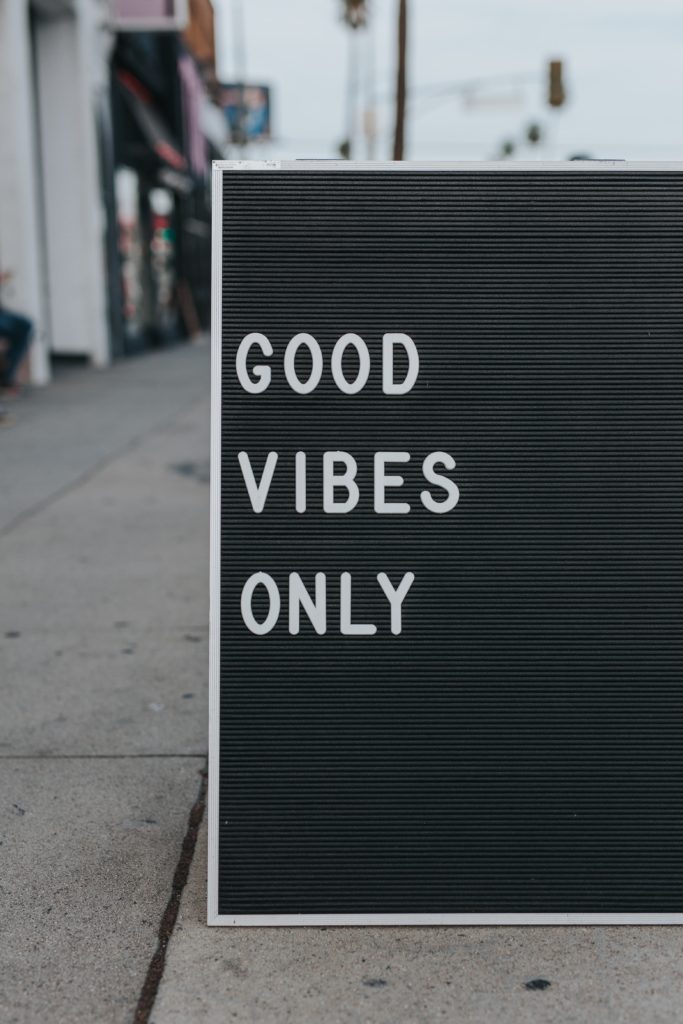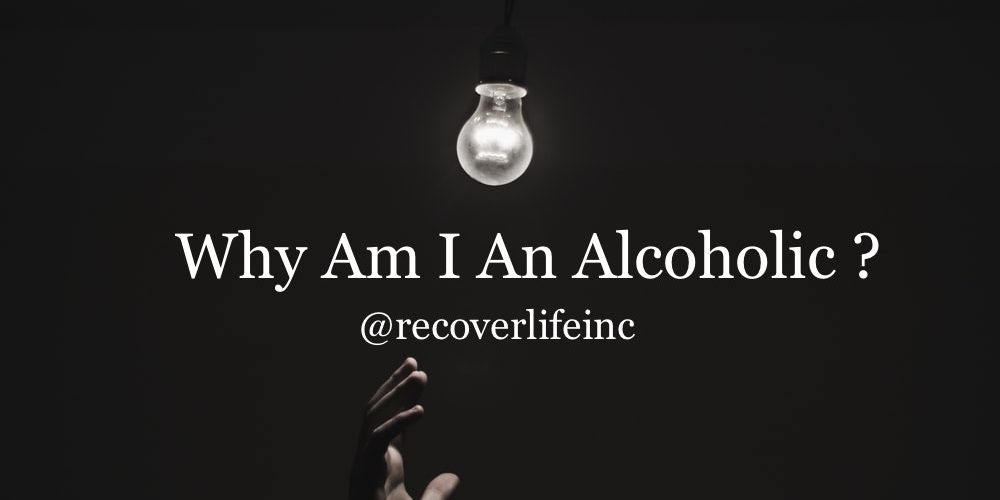
January 14, 2021
Written by Sarah Jenkins, MSW, Registered Clinical Social Work Intern
Stigma Surrounding Addiction
As a person who is passionate about recovery, and someone who has worked in the mental health and addictions field for over 7 years, I often see how this question plagues people’s minds. So many people ask if they have alcoholism or are an alcoholic, if they really are addicted, or how to help someone with addiction, and there is no easy answer to any of these questions. Especially when people are newly in recovery, they look back over their addiction and wonder how they could do this to themselves. It makes no sense. To the rational mind, or to the outsider looking in who has never experienced addiction, it does not make sense, because it is not logical, addiction is purely emotional. It is important to separate logic from emotions, and I will get to that in a moment.
Frequently, people ask how could someone do that to themselves? Why can’t they just stop? If you are asking “why can’t they just stop?” or asking yourself why you cannot quit on your own, you are not alone. This question has afflicted every other person who has been addicted to drugs or alcohol, and this is what makes it an addiction. If you could just stop, you would. If they could quit on their own, they would.
In fact, there is a tremendous amount of stigma surrounding addiction in our society. The vast majority have little compassion or sympathy for people struggling with addiction, as evidenced by the criminalization of people battling addiction. In our court systems, addicts and alcoholics are treated like criminals, rather than being treated like someone who desperately needs help.
Nobody Chooses Addiction
Additionally, many people think addiction is a choice. As if someone would consciously choose to become an alcoholic or an addict, to destroy their lives, everything in it, and every relationship around them. Nobody chooses to become an alcoholic or an addict. Often, family members or loved ones say “If they loved me, they would quit” or think that because someone uses drugs or alcohol, they do not love them. The reality is addiction takes away a person’s ability to feel and think rationally. Once drug or alcohol use has turned into addiction, the person no longer has the choice to not use. Addiction sabotages the brain so the only thing that gives the person relief anymore is their drug. Addiction has nothing to do with any external factor at all really. Nor anyone around them. Addiction and recovery is an inside job.
Of course, family members and loved ones might take responsibility for the addiction, blaming themselves for their loved ones drug and alcohol use, and making the addiction about them. This takes away the power and control from the person dealing with addiction. For people to be successful in recovery and for family members or loved ones to get the help they need, first and foremost, everyone must take 100% responsibility for their own lives and everything in it. Their feelings, their reactions, their belief systems, their past accomplishments, their mistakes, their addiction, all of it. This is the first step for healing. You cannot control anyone else. Ever. Focus on you.
Scientific Research on Addiction
To continue, this is a common question among scientists and non-scientists alike, with significant scientific research attempting to answer this question. There is a body of research called ACES that goes over risk factors, statistics, and factors making it more likely someone will become experience addiction. This is not causal, these are simply correlations. Remember that when reading any research.
While I became a psychotherapist because I love analyzing data, researching facts and naturally use my logical mind more than my emotional mind, I have delved more into my emotional and spiritual side throughout my own recovery and throughout my clinical training. I have come to realize that listening to my intuition gives me much more information, and much quicker, than relying on my rational brain.
To quote Deepak Chopra, “Only the heart knows the correct answer. Most people think the heart is mushy and sentimental. But it is not. The heart is intuitive, it’s holistic, it’s contextual, it’s relational. It doesn’t have win-lose orientation. It taps into the cosmic computer- the field of pure potentiality, pure knowledge, and infinite organizing power- and takes everything into account. At times it may not even seem rational, but the heart has a computing ability that is far more accurate and far more precise than anything within limits of rational thought.”
Now stay with me, this is relevant to answering the question “why am I an alcoholic?”
Rationalization of the West

Furthermore, this tendency toward using the rational mind in America, or the “rationalization of the West” as Carl Jung used to say in the early 1900s, is a large problem that impacts us all. In the US and other individualistic societies, we value independence over codependence. American values teach us that we should be able to do everything on our own, “pick ourselves up by our bootstraps,” to not ask for help, and that it is a weakness to ask for help or to express emotions, especially for men. To be called “emotional” is interpreted as an insult. People are taught they should not cry unless they are broken or bleeding, or that they should “be positive” for fear of bringing other people down. All these implicit messages take a toll on the psyche. The more a person rejects reality, the more they suffer.
Now, instead of easily being able to identify one of the 8 primary emotions (anger, disgust, fear, joy, guilt, shame, sadness and surprise), when a person feels sad, they also feel ashamed, guilty, angry, and disgusted with themselves for feeling sad. Some of these values are so deeply rooted that people cannot make sense of anything they feel, rather their internal world of emotions is a chaotic, unpleasant experience. Their feelings are so burdensome and intense, they feel physically pained by feeling normal emotions and need to get rid of the pain. Drugs and alcohol are emotional numbers, so it makes sense that people are mitigating their pain the best way they know how. This rejection of reality and inability to understand what a person feels often results in depression, anxiety, suicidal thoughts, and every other form of mental illness there is. I love this quote, “Mental health is a commitment to reality at all costs.” M. Scott Peck. That is what we are doing in psychotherapy, unravelling illusions, and understanding reality. Accepting reality as it is.
Here is a great article from Psychology Today on how to validate your feelings as well as understanding the dark side of forced gratitude and when it can be more harmful than helpful.
This is just one example of a much more complex idea. Therapy helps to unravel your core beliefs, helps you to understand what your own beliefs are, helps to get rid of the beliefs that are not yours, and helps you to uncover your authentic self.
What If There is Another Reason?
All that to say, these social constructs are important to understand as our ego is made up of social constructs, belief systems taught to us by someone else that may not align with our authentic self. One first has to understand their inner emotional world to understand who their authentic self is, who they are, what they value, what they like, dislike, makes them sad, happy, etc. I have had so many realizations working with people in recovery. Not everyone struggling with addiction has had a traumatic childhood. So much of the scientific research and “evidence” focuses on the negative components of addiction, only looking at the negative causes for addiction, like trauma, divorce, abuse, domestic violence, etc. What if there is another reason?
To illustrate, one thing I have realized in working with hundreds, maybe even thousands of clients over the last 7 years, is they feel their emotions intensely. A common theme I often see is a high level of intelligence resulting in racing thoughts or out of the box thinking, making them feel different than others. Another observation is that people battling addiction and mental health issues often have more sensitive senses such as higher sensitivity to light or sound, higher sensitivity to food and hunger, and the ability to feel their emotions more intensely than others. To back up my own clinical observations, psychologist Elaine Aron has termed this individual a Highly Sensitive Person. This is the common theme that keeps coming up.
More on Highly Sensitive People
Moreover, there is this deep level of compassion I see, this desire to help humanity, and a deep hurt they feel because they have been taught for so long that their emotions are wrong, or to have emotions is weak, and to show compassion means there is something wrong with them. Whether it is my client struggling with addiction or other alcoholics or addicts I meet in the recovery community, the people I meet in the recovery realm are some of the most intensely compassionate, honest, insightful people I have ever met.
On the other hand, maybe people get controlled by addiction because they are trying so hard to be who they were taught they “should” be. Perhaps they are trying to maintain control over an image of who they want to be rather than knowing and understanding who they really are. Maybe addiction gives them relief with the ability to surrender from this nonsensical idea that they should fit into a society their authentic self may not align with. There are always multiple perspectives. And maybe, just maybe, the people who have experienced addiction are actually the lucky ones because they have been enlightened by their painful experience. They have learned they are the cause and solution to all of their problems, giving them a tremendous amount of freedom, humility, accountability, and compassion regularly missing from the society they are taught to fit into.
Final Thoughts

Finally, I am included in this group. It took me a long time to acknowledge and accept my natural level of compassion and empathy as this was a part of me that I used to try reject, to control, to get rid of. The idea of being “compassionate” or “sensitive” used to make me cringe as I have been taught that these qualities made me weak. I too live in this rationalized society where I was taught to hide my emotions, pretend to be someone I am not, pretend to be okay when I am hurting, and portray a certain image for fear of rejection, fear of other people’s judgements, fear of hurting other people’s feelings, or bringing people down.
Furthermore, throughout my recovery and throughout my clinical training, I have learned that my intuition, my feelings, my emotional mind, whatever term you would like to use, is my superpower. What I feel, what I intuitively sense, tells me everything I need to know. When I accept who I am, understand my shadow side, acknowledge my accomplishments, accept my character defects, and find the purpose within them, I no longer feel like there is something wrong with me. When I understand the darkness and the light that shines within me, I can embrace those qualities in everyone else. I am no longer disillusioned and can fully welcome reality as it is. When I accept myself as I am, I no longer try to push away or control my feelings, nor manipulate how people see me, nor worry about other people’s feelings or judgments. I can separate myself from the world around me and do not fall victim to the inevitable chaos. I just feel content. At peace. Able to just be, me.
Keep in mind, this is my own biased opinion and I am aware of my bias. My bias is also what makes me so passionate about addiction and mental health recovery. Recovery is possible. There is hope for everyone I work with and I believe in them when they do not believe in themselves, which is a gift I was given early on in my own life.
To conclude, I would love to hear your thoughts and how you might answer the question, “why am I an alcoholic?” Finding purpose is a huge part of what helps me in my own life, so I also enjoy helping people find purpose and meaning in their lives, too. I hope I can help you find the understanding you seek.
If you feel like therapy might help you or need help finding resources, call 813-693-2019 for a free 15 minute consult. You can also schedule your first session today by clicking on https://www.recoverlife.us/services/, and clicking on “Request Appointment.” I can only see clients in Florida, so if you want to find a psychotherapist near you, here is a therapist locator.







